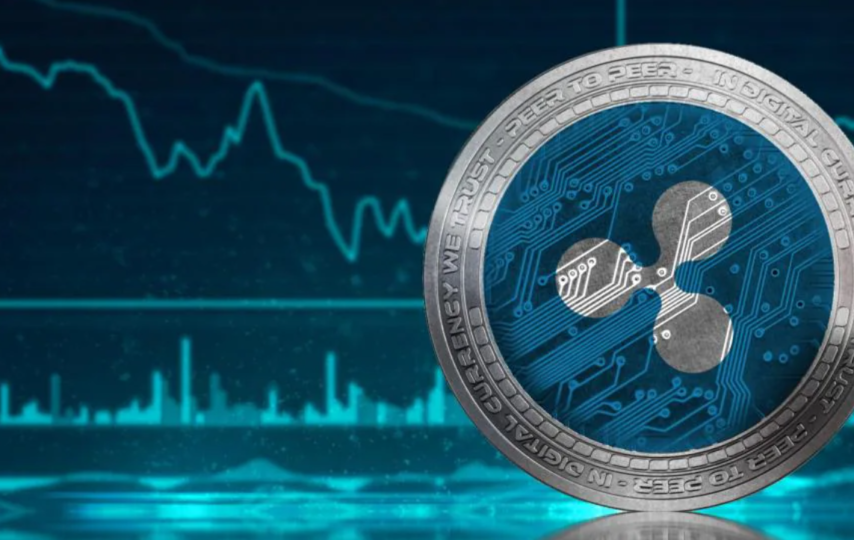When investing in virtual currencies, many factors affect their value—and those changes can happen quickly! The good news is that there are plenty of ways to keep up with the market so that you don’t miss out on any opportunities while getting your investments done through the bitcoin trading platform. For more details https://www.immediate-edge.pl
Concerns
Ripple has been on a steady rise in the past few years. This is because it is one of the most trusted and reliable coins. Many people use this currency as their primary payment method when buying and selling items online. The popularity of Ripple can be attributed to its ability to handle large numbers of transactions at once, which makes it more efficient than other digital currencies like Bitcoin or Ethereum. Ripple is a cryptocurrency that aims to be fast and secure, with lower costs for banks and other financial institutions. It is currently the third largest digital currency by market cap.
The main aim of Ripple is to transform global payments so that they are faster, cheaper, and more secure than ever before. It does this using its cryptocurrency, XRP, which can be transferred to the Ripple network. XRP has a market capitalization of $ 34 billion and a total supply of 100 billion coins which will be released in 2040. Ripple is a real-time gross settlement system based on distributed ledger technology that allows for digital asset transfer. The network can process up to 1,500 transactions per second, which makes it one of the fastest payment networks in the world. In addition, Ripple has an open-source platform that allows anyone to create their version of the software and use it for their purposes.
Ripple is currently valued at USD 0.25 per coin, meaning it has a market cap of USD 70 billion (May 2019). Ripple is among the top 10 coins by market capitalization worldwide (at number nine), which means that its value will likely continue growing in the future. As of October 31, 2019, Ripple had a total market cap of USD 32 billion, making it the fourth largest cryptocurrency in terms of value. The currency has seen significant growth over the past year due to its rapid adoption in the banking sector and its partnerships with major corporations such as American Express (AXP), Bank of America (BAC) and Santander (SAN). Ripple’s market capitalization stood at $ 29 billion as of November 2018 (2). This number shows how much money investors are willing to pay for each Ripple coin, and it means that plenty of people believe in the digital currency’s future potential.
Considerations
1. Higher rewards – More frequent and higher-quality rewards for users who hold the currency, which makes it more attractive to hold.
2. Lesser scams – Better protection against fraud by allowing for rapid transactions with little or no fee, and so reducing the amount of time a user has to spend waiting for their withdrawal to be processed.
3. Better scalability – Allows for faster transaction times and less reliance on third parties (such as banks or credit card companies) for processing payments. This can make it easier for users to buy things online or through apps rather than having to wait long periods of time before they can complete their orders.
4. Increased adoption rates – Allows for quicker growth in the number of users and, therefore, greater market capitalization as well as higher profits per user in terms of price appreciation over time due to demand increasing faster than supply rising at the same rate (this is known as an exponential curve). It also helps attract new investors into cryptocurrencies since they will be able to make more significant investments than those who only invest small amounts at first.
Final words
Ripple has been on a mission to make its network more scalable since day one – something that was lacking from Ethereum when it first launched in 2015. By implementing their consensus algorithm short, they were able to achieve this goal almost two years ahead of schedule instead of having to wait until 2020 like many other projects did at the time (e.g., EOS).





